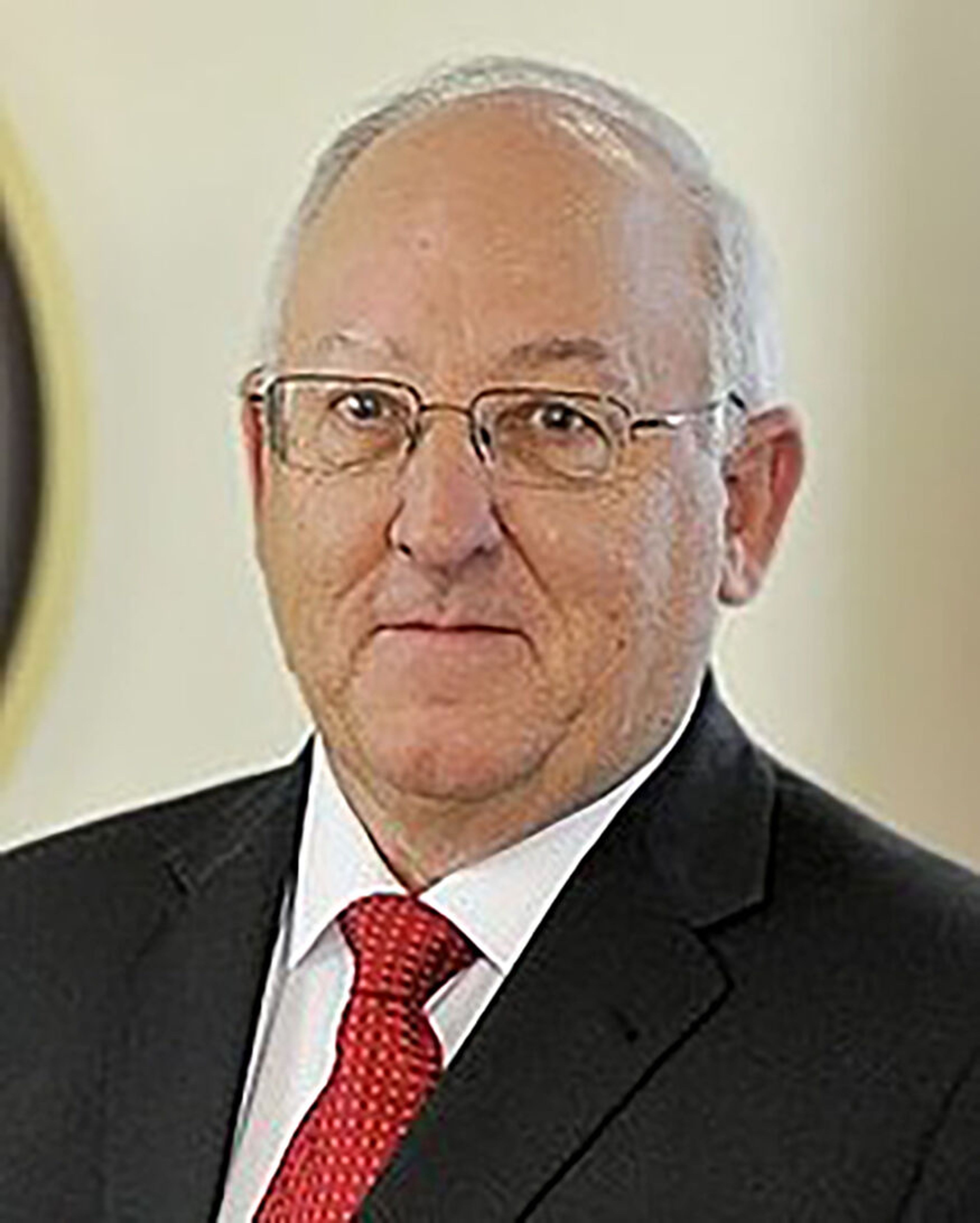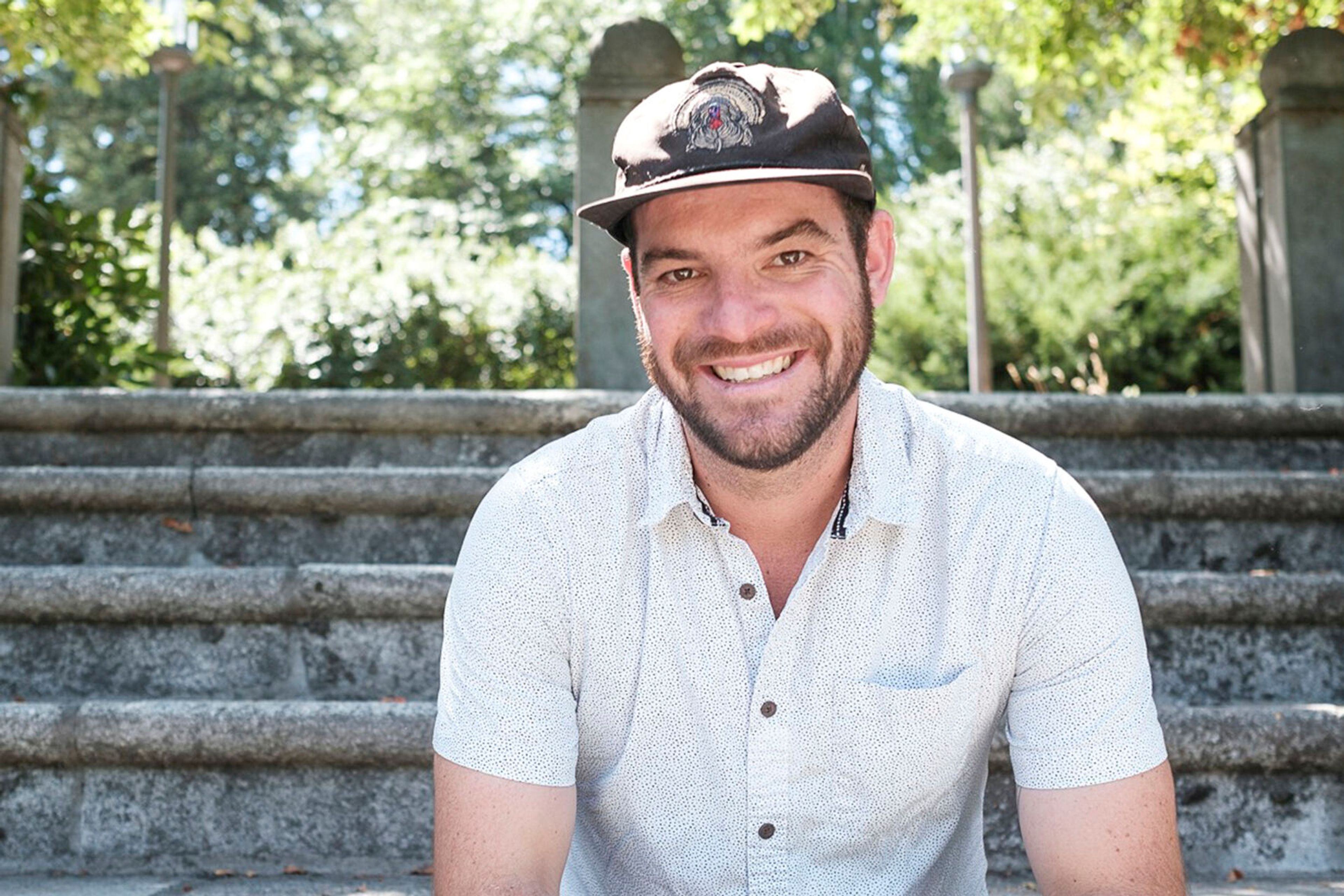A federal judge Tuesday ruled that transgender inmates in Idaho may continue receiving hormone treatment, narrowly blocking Idaho’s law prohibiting public funds or facilities from being used to provide transgender care.
Chief U.S. District of Idaho Judge David Nye wrote in the order that the two incarcerated transgender women who brought the case challenging HB 668 had adequately shown irreparable harm if the law wasn’t partially blocked and that they may be certified as a class — meaning the women may sue on behalf of others like them, incarcerated people who are diagnosed with gender dysphoria.
“I’m not (a plaintiff in the lawsuit) because I want recognition. I’m doing it because it has to be done,” Katie Heredia, the primary plaintiff, said in an emailed statement. “We are just normal people who happen to be trans. We have medical conditions and deserve access to medical treatment.”
The other plaintiff, Rose Mills, said in the statement, “We really are human beings who just want to be treated like everybody else. This decision (to ban public funding for gender-affirming health care) was not people-led. It was just a few people who decided that, and the public needs to know that.”
A spokesperson for Idaho Attorney General Raúl Labrador said the office has no comment at this time.
The plaintiffs, represented by attorneys from the ACLU of Idaho and the national American Civil Liberties Union, filed the class action complaint at the end of June. The law banning public funds going toward surgeries and hormone treatment for gender dysphoria was set to go into effect July 1.
Attorneys for the women claimed the ban prohibiting them from continuing to receive hormone treatment was a violation of the Eighth Amendment protection from cruel and unusual punishment.
The ban is still in effect for others, including those on Medicaid, state employees on state health insurance or those seeking treatment at public hospitals. The ban also still applies to gender-affirming surgeries, as the class action only sought an injunction on the ban on hormone therapy.
The state argued that it enacted the law to protect individuals from potential harm from the treatments.
In response to this intention, Nye wrote, “But at this stage in the proceedings, the Court has little information about the medical testimony on which the legislature relied.”
The constitutionality of the law is still being argued in court, and the judge wrote that neither side has conclusively answered one way or another if hormone therapy is medically necessary for gender dysphoria.
The judge also found the plaintiffs’ testimony that past instances of halting hormone therapy caused significant increased anxiety and depression was adequate to show a likely result of emotional distress if they lost access to the therapy.
John May, chief medical office for Centurion, the health care contractor for the Idaho Department of Correction, wrote in a declaration to the court that there are currently between 60 to 70 patients in IDOC’s custody that have been diagnosed with gender dysphoria.
Before the state’s ban went into effect, 54 of those patients were receiving hormone therapy that had been prescribed for their gender dysphoria. Staff had been tapering patients off the treatment as a result of HB 668 going into effect July 1, the declaration said.
This isn’t the first time this has come in Idaho prisons.
In 2017, a transgender inmate sued the state and the IDOC health care provider for denying her gender-affirming surgery. A federal judge in 2022 ordered the state and the medical provider to pay more than $2.5 million to the inmate, the Associated Press reported.
There’s also another pending case related to the state paying for transgender health care. Two transgender residents on Medicaid filed a claim in 2022 for being denied coverage for their genital reconstruction surgery, alleging discrimination.
A U.S. magistrate judge heard arguments on the case in May 2023, the Idaho Press reported. There has been no decision in this case yet.
Guido covers Idaho politics for the Lewiston Tribune, Moscow-Pullman Daily News and Idaho Press of Nampa. She may be contacted at lguido@idahopress.com and can be found on Twitter @EyeOnBoiseGuido.









